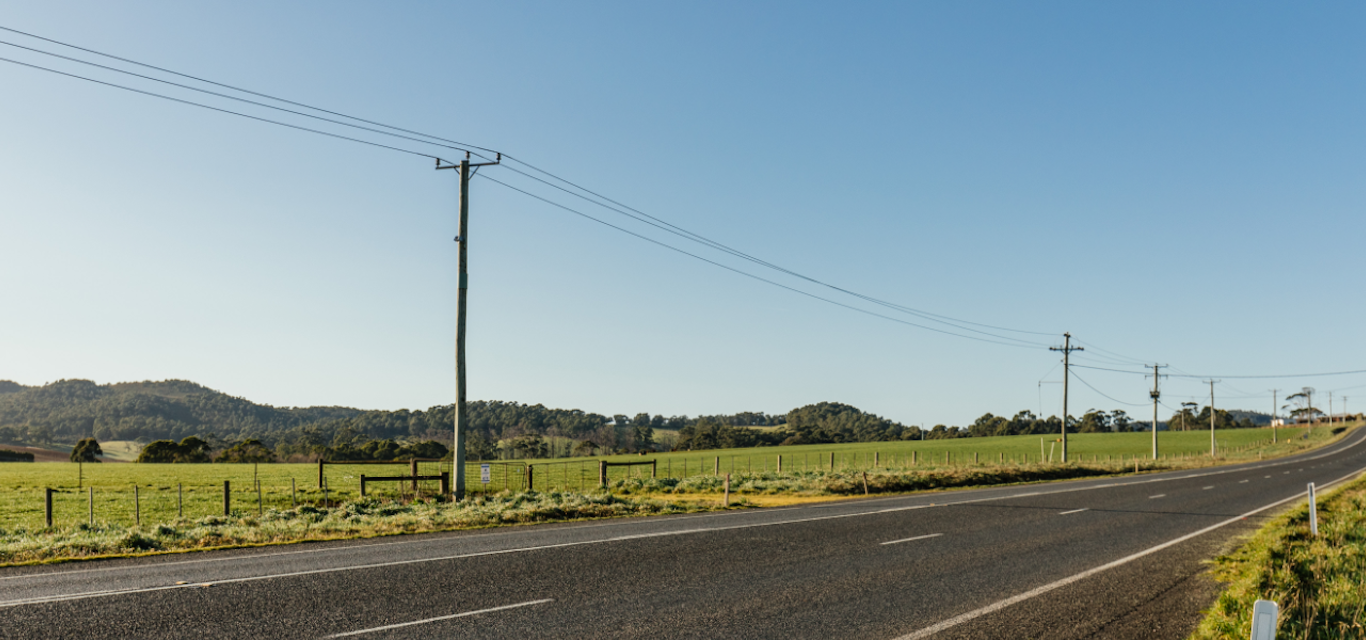Why should we accept the worst road toll?
Road safety is a simple proposition: it's everyone's business, writes our Group CEO Mark Mugnaioni.
Every time you get behind the wheel, it’s your business not just to keep you and your passengers safe but every other road user as well.
The roads are a shared space. And when we have to share, we have to care about others or it simply doesn’t work.
Fortunately, there are many Tasmanians who do care.
They are the RACT members, for example, who consistently tell us through our regular surveys that road safety is their most important priority.
They are the community advocates who agitate for better roads, safer speeds, better cars, more enforcement.
And they are the many Tasmanians who have lost loved ones to road crashes or whose lives have been changed because of serious injury.
They are the voices that need to be heard when the Legislative Council inquiry into road safety begins its deliberations.
This inquiry has the opportunity to save lives, to keep Tasmanians safe, to build on the unity of purpose that Tasmanians have shown in caring for each other over the past 18 months of the COVID-19 pandemic.
Tasmania over the past 40 years has made great strides in reducing road trauma but in the past decade that momentum has stalled.
Eleven years after another road safety inquiry by the Legislative Council handed down 69 findings and 52 recommendations, 321 lives have been lost and 2695 people were seriously injured.
If nothing changes, 175 Tasmanians will die on our roads in the next five years and 1500 will be seriously injured. If nothing changes, Tasmania will remain the state with the worst road safety record – 6.6 fatalities for every 100,000 people.
Compare that with Victoria which reported a rate of 3.08 per 100,000 people in the 12 months to March this year. And lest you think they feel comfortable with that, think again.
In 2019, Victoria was so concerned at the rate of road trauma that it conducted its own parliamentary inquiry into road safety.
It’s striving to be not just the nation’s best, but the world’s best in road safety. If Victoria can do it, so can Tasmania.
The Upper House inquiry needs to look at what works around the world. In Norway, for example, the death rate is 2.0 per 100,000 people.
If Tasmania could achieve that level of reduction, fewer than 60 would die on our roads over the next five years and we would have 1000 fewer serious injuries. Imagine the impact of that on our health system.
As it is, the State Government’s Towards Zero campaign target of less than 200 deaths and serious injury by 2025 will not be reached. At the current rate we will be forever aspiring towards zero, instead of achieving it.
However, there is an outstanding example in our own backyard where zero has effectively been reached because of well-implemented evidence-based policy.
Our school zones are now safe places because of 40 km/h speed limits, highly visible signage, good enforcement, school crossing patrol officers, targeted education to children and parents, and school communities who will not accept any breaking of the rules.
These are safe zones because we acted on the evidence, we listened to the experts. And who wouldn’t act to protect our most vulnerable?
The Upper House inquiry no doubt will hear from Australia’s own road safety experts who have a wealth of evidence to show what will save lives. And the RACT urges the inquiry to cast its net globally in search for best practice.
It needs to look at road safety holistically, from funding and adequate rollout of road infrastructure, increased turnover of safer vehicles, driver behaviour and education, enforcement, impacts to the health system, as well as data and research.
The decision by Launceston MLC Rosemary Armitage to move for this critical investigation should be applauded by Tasmanians. Here was an elected official exercising their fundamental duty to look after the health and wellbeing of Tasmanians.
The same duty falls to every member of the Tasmanian Parliament when it comes to road safety.
Tasmania cannot afford another year like 2020, when 36 people lost their lives and 284 were injured despite there being fewer vehicles on our roads because of the pandemic.
Those horrifying numbers motivated Ms. Armitage to seek this inquiry. They should compel every Tasmanian to be part of the solution.
